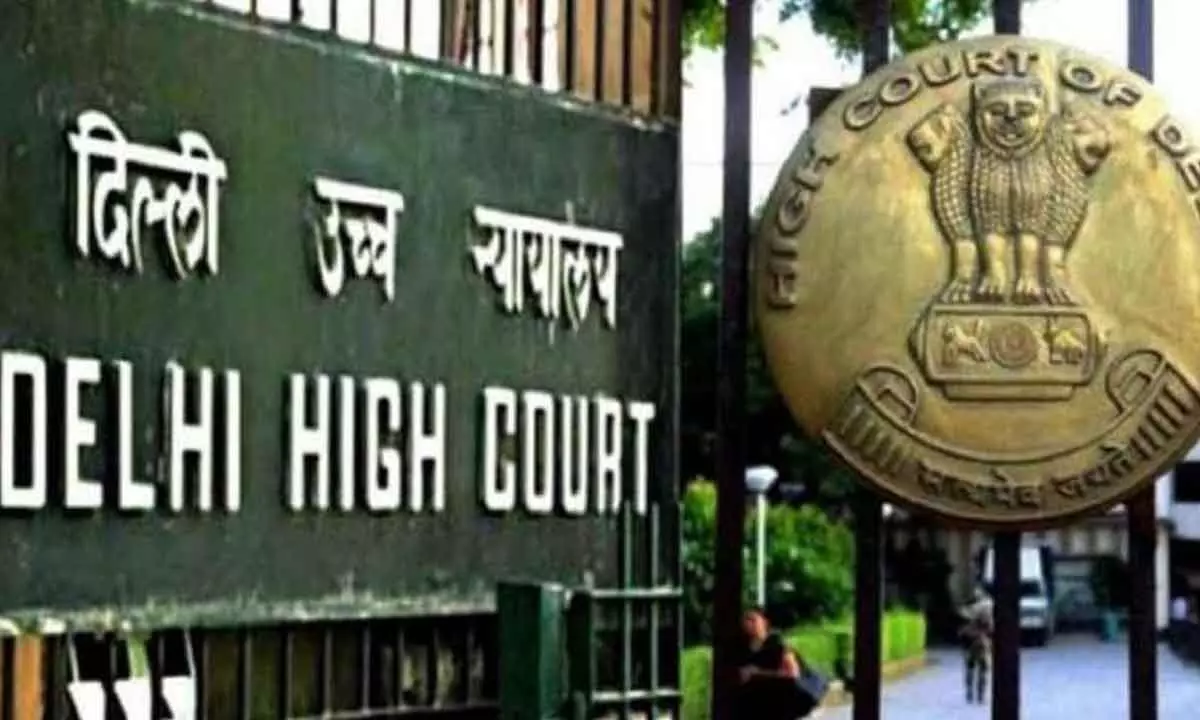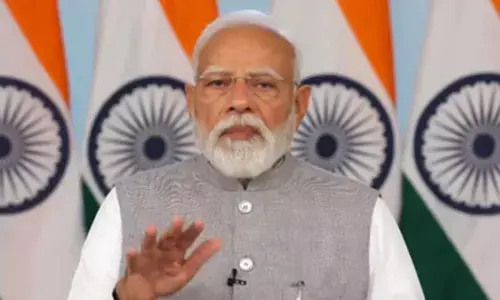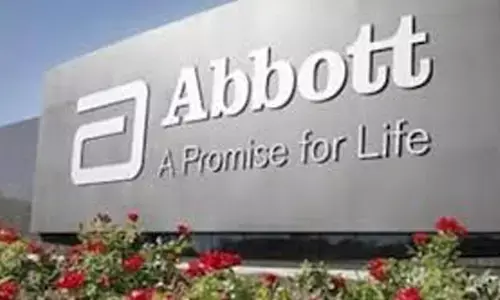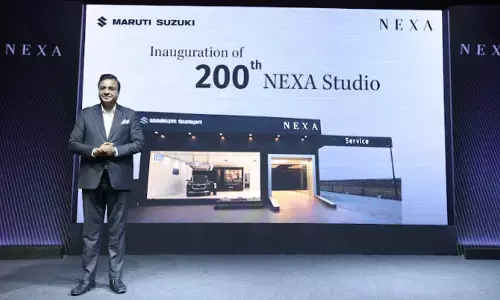ED's power confined to probe money laundering offence: HC

The Delhi High Court has held that the Enforcement Directorate (ED) has the power to investigate and inquire into an offence of money laundering under the Prevention of Money Laundering Act (PMLA) only and it cannot assume that a predicate offence has been committed.
New Delhi: The Delhi High Court has held that the Enforcement Directorate (ED) has the power to investigate and inquire into an offence of money laundering under the Prevention of Money Laundering Act (PMLA) only and it cannot assume that a predicate offence has been committed.
The high court said the predicate offence has to be necessarily investigated and tried by the authorities empowered by law in that regard and the ED cannot possibly arrogate unto itself the power to investigate into the alleged commission of those offences. "What needs to be emphasised is that the PMLA empowers the ED to investigate Section 3 offences only. Its power to investigate and enquire stands confined to the offence of money laundering as defined in that section. However, the same cannot be read as enabling it to assume from the material, that it may gather in the course of that investigation, that a predicate offence stands committed. "The predicate offence has to be necessarily investigated and tried by the authorities empowered by law in that regard," Justice Yashwant Varma said in a 111-page judgement passed on January 24.
The high court said, "The primary function to investigate and try such offences remains and vests in authorities constituted under those independent statutes…In any case, it (ED) cannot and on its own motion proceed on the surmise that a particular set of facts evidence the commission of a scheduled offence and based on that opinion initiate action under the PMLA." It said if in the course of its enquiry and investigation, ED was to come to the conclusion that the material in its possession evidences the commission of an offence created under any other enactment, it would be obliged to furnish requisite information in respect thereof to the agency concerned for necessary action.
The high court's verdict came while allowing two separate petitions filed by Prakash Industries Limited and Prakash Thermal Power Limited challenging the Provisional Attachment Orders (PAO) issued by the ED on November 29, 2018.
The proceedings drawn by the ED emanate from an allocation of the Fatehpur Coal Block in Chhattisgarh. It was alleged that the two companies misrepresented their net worth to procure coal blocks. An FIR was lodged by the CBI under the provisions of the Indian Penal Code and Prevention of Corruption Act. Based on the FIR, the ED registered an Enforcement Case Information Report on the allegations relating to share price manipulation and generation of proceeds of crime from such activities. Later, the allocation of coal blocks was cancelled following the Supreme Court's judgement in 2014. The high court quashed the November 29, 2018 PAO as well as the original complaint. It also dealt with the objection raised by ED counsel that in view of the directions of the Supreme Court, the high court would not be permissible to either entertain these petitions or take cognisance of the challenges raised.
The ED counsel referred to the July 25, 2014 order passed by the apex court in the coal block allocation matter in which was held that any prayer for stay or any order impeding the progress of investigation relating to coal block allocations would be liable to be placed before the special court only and that no other court could entertain the same. The high court, however, said it was unable to accede to the preliminary objection raised by ED and said the special court which came to be constituted was so identified solely to deal with and exclusively try offences emanating from coal block allocations and for the trial of offences that may have been alleged to have been committed either under the IPC, PC Act and PMLA.










